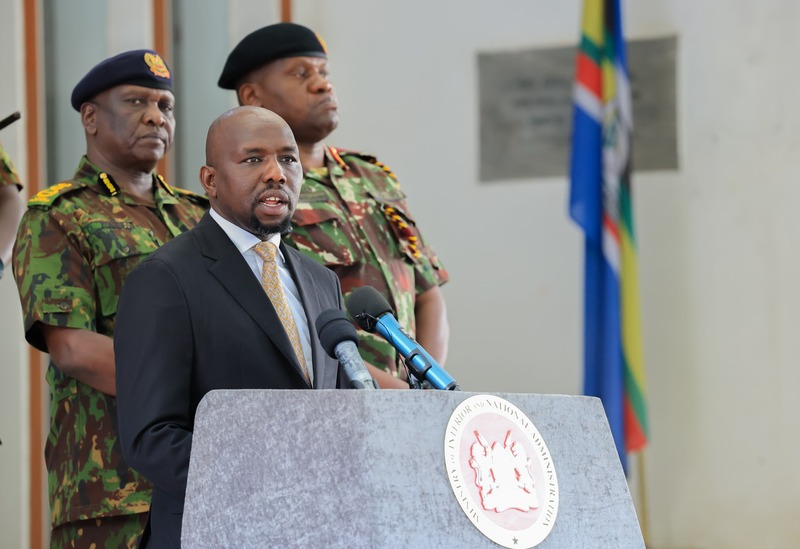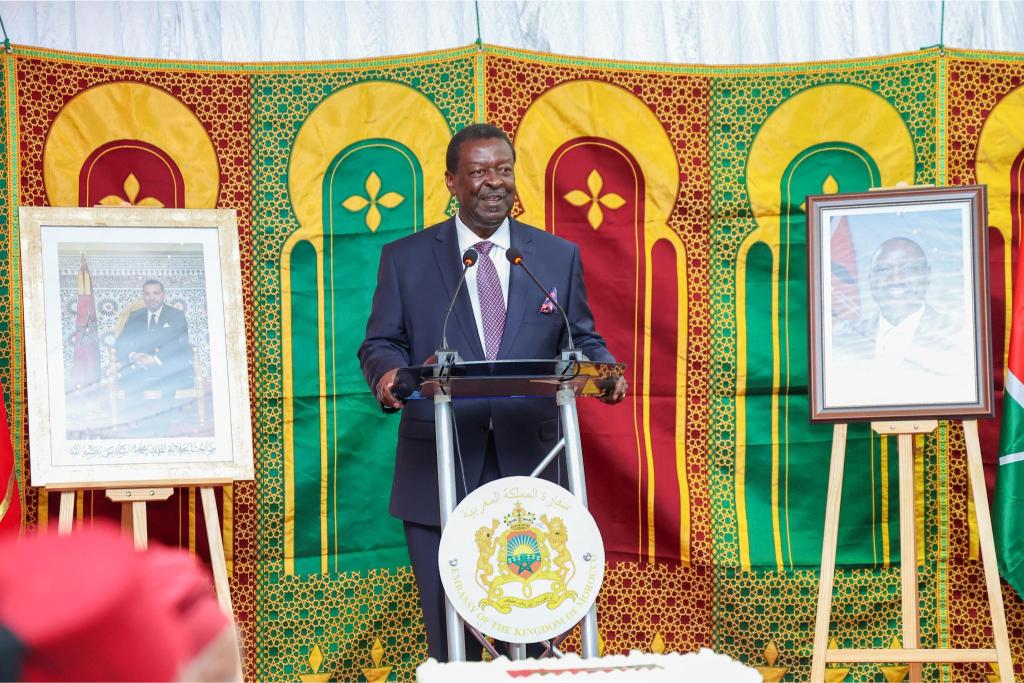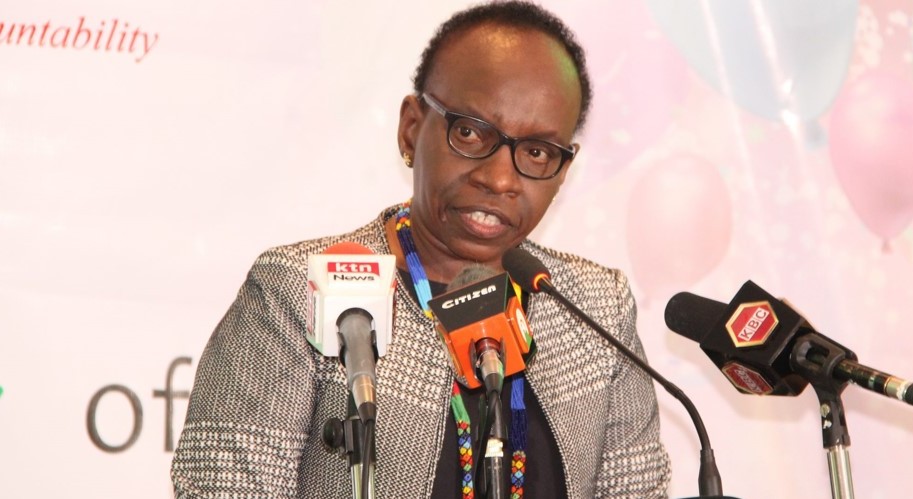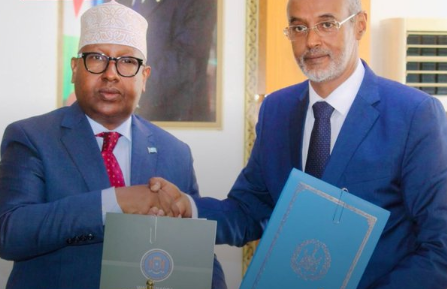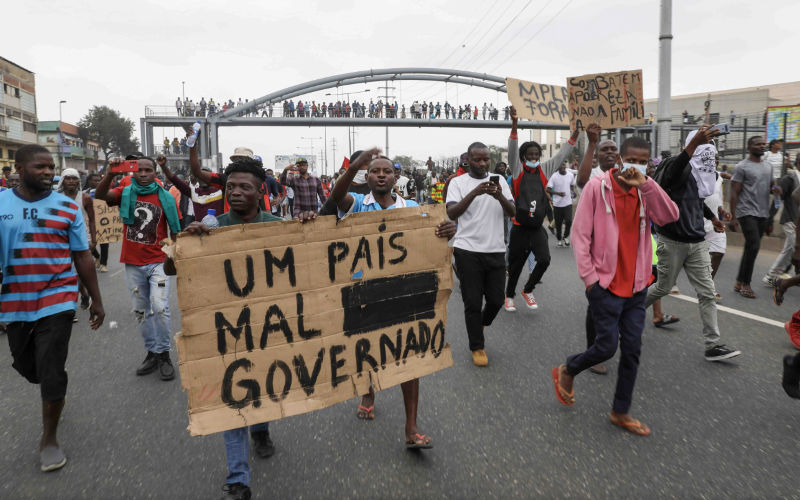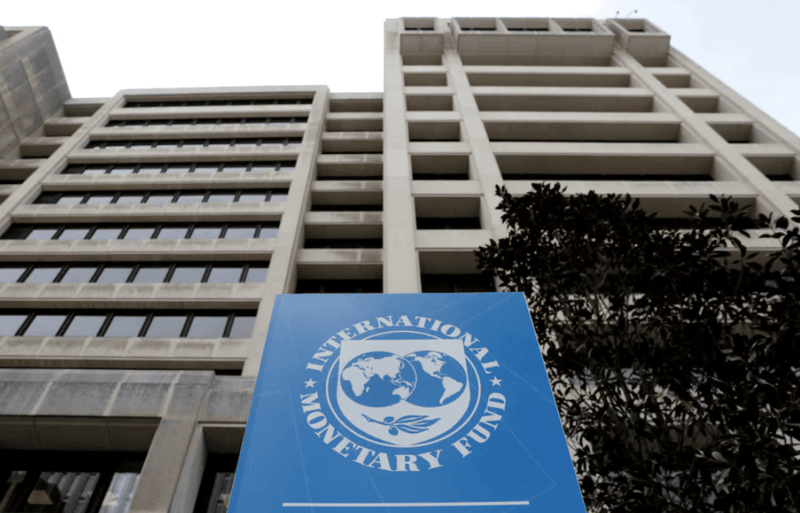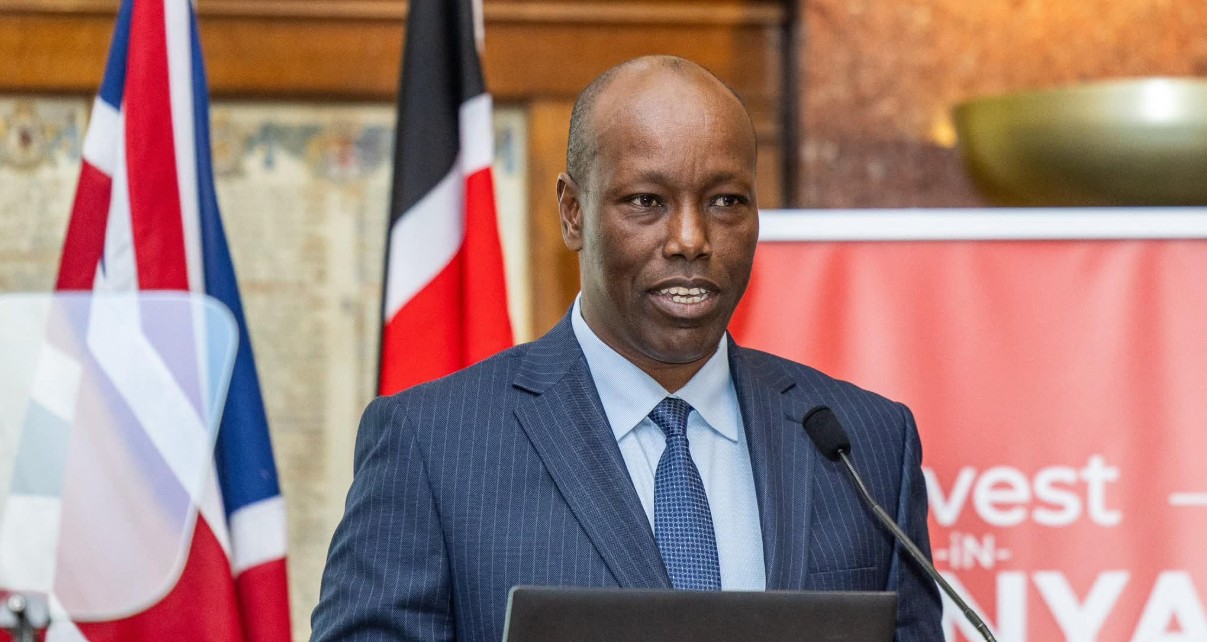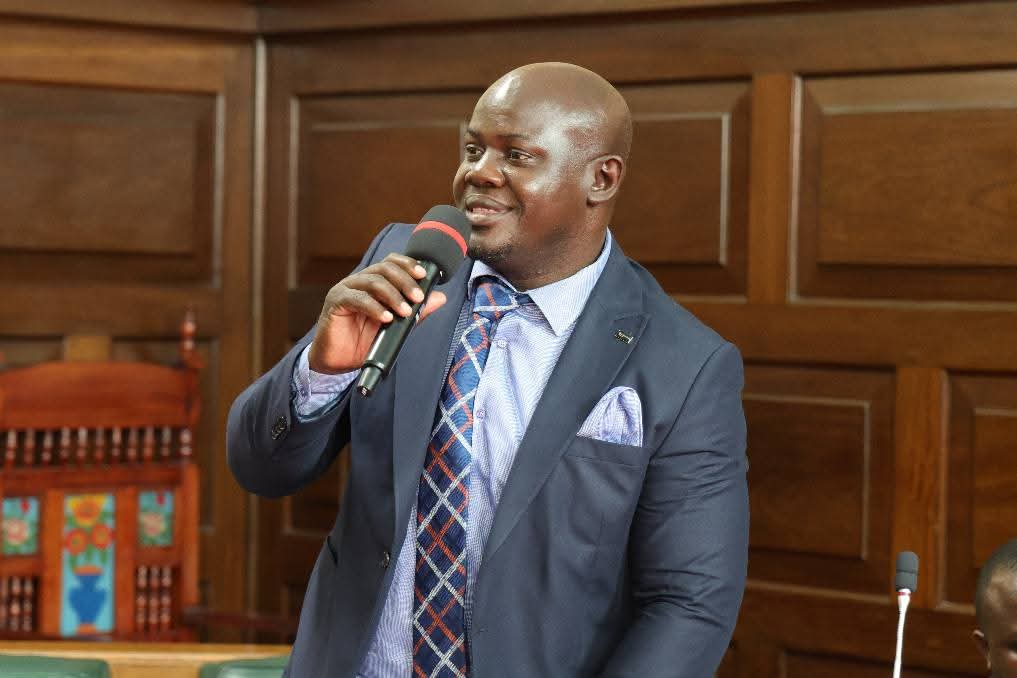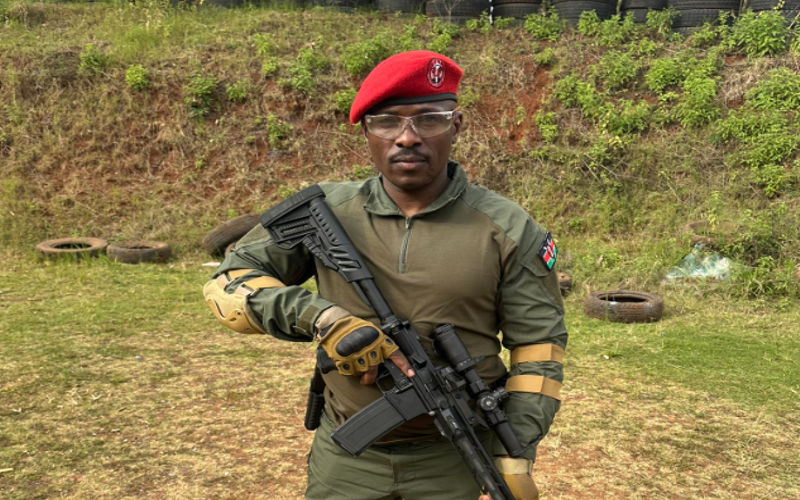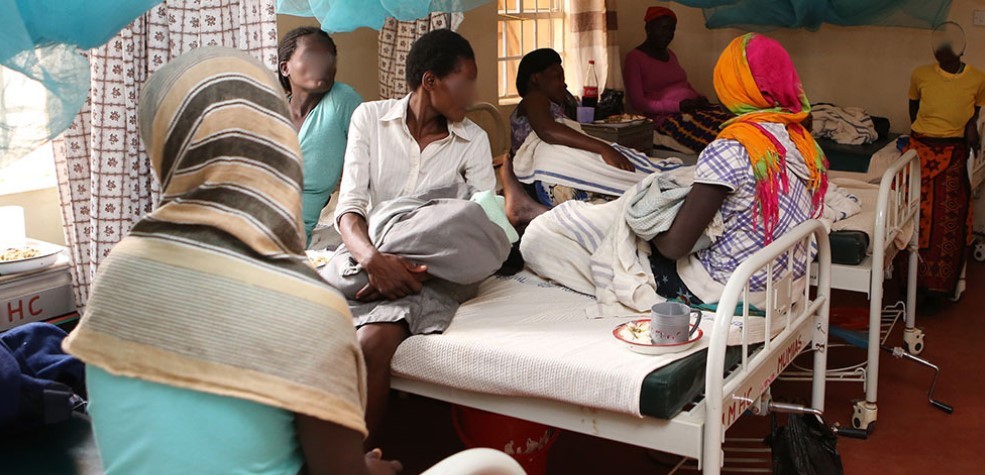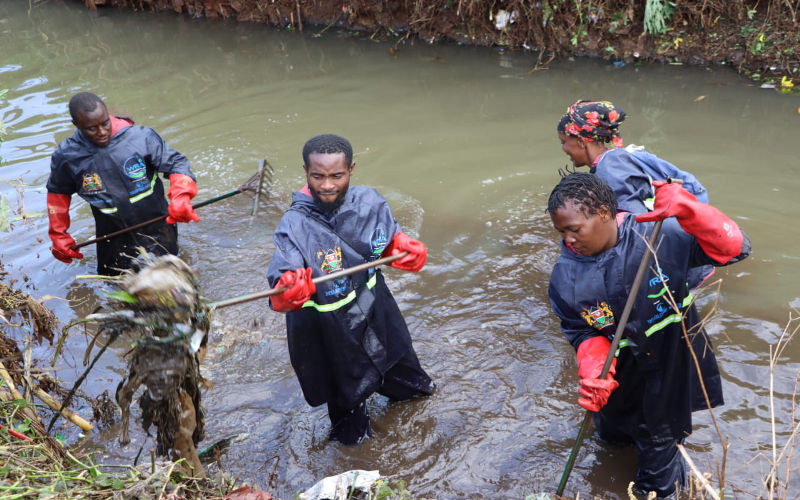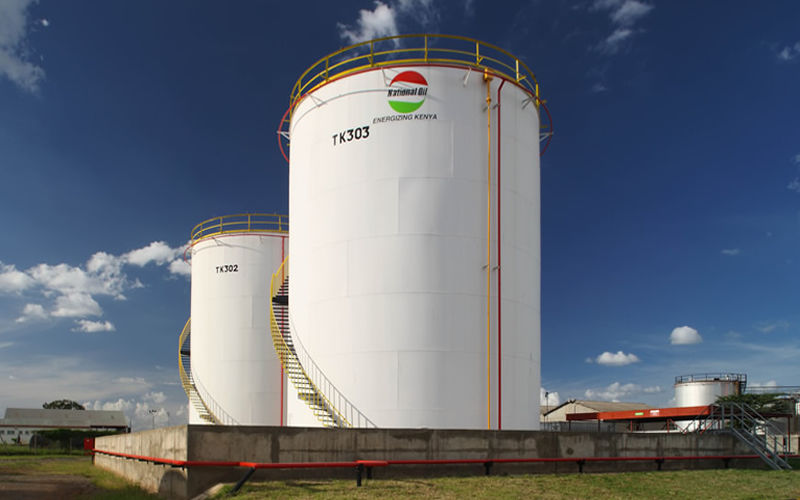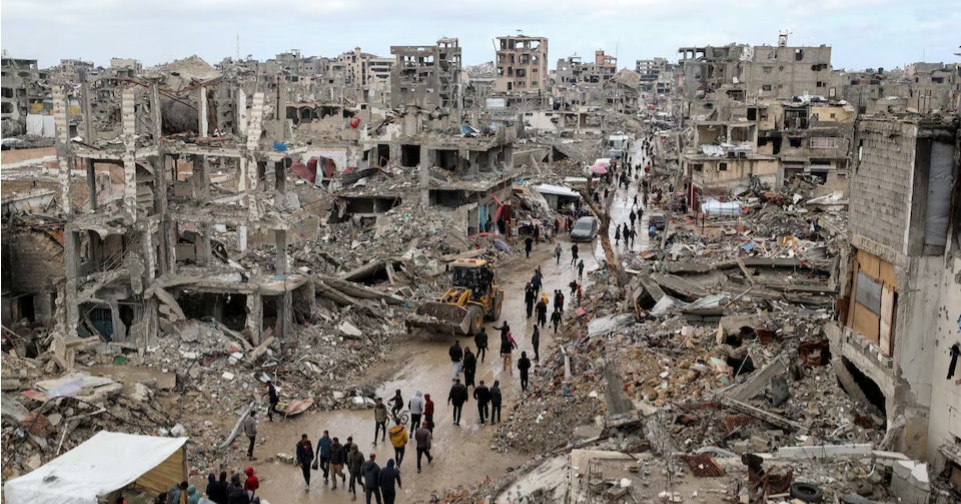UN warns of catastrophe in Gaza and West Bank as conflict, aid blockade worsen
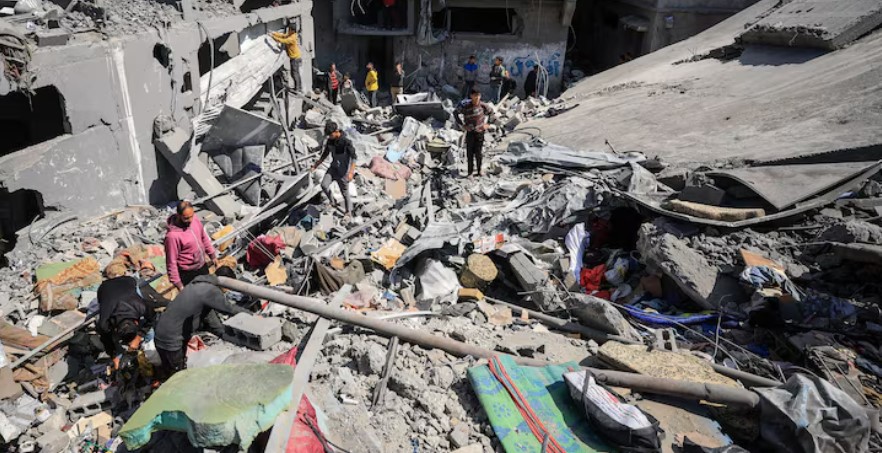
Bakeries have shut down due to the absence of flour and gas, food prices are surging, and social order is unravelling as people fight for what little remains.
For Palestinians in Gaza and the West Bank, the past few weeks have brought even deeper hardship as conflict intensifies and humanitarian aid is nearly impossible to deliver.
According to the UN Human Rights Office, living conditions in Gaza have reached a critical point, with ongoing military actions and a complete Israeli blockade cutting off food, fuel and basic necessities for survival.
More To Read
- Amid starvation in Gaza, Sudan, Guterres slams hunger ‘as a weapon of war’
- UN warns of ‘horror show’ as over 60,000 killed in Gaza as Israel-Hamas war intensifies
- France urges EU to pressure Israel on two-state solution after pledging to recognise Palestine
- UN Women says 1 million women, girls starving in Gaza
- Gaza now deadliest place for journalists, report finds, as over 230 killed since October 2023
- AU welcomes France’s planned recognition of Palestine as a step towards peace
Families are now trapped in what the UN describes as conditions that are no longer fit for human life.
The situation in Gaza has grown more dire as vital services collapse under pressure. Eight weeks into a full closure by Israel, the population of 2.2 million is suffering from a lack of bread, clean water, and electricity.
Bakeries have shut down due to the absence of flour and gas, food prices are surging, and social order is unravelling as people fight for what little remains.
With no law enforcement and the justice system dismantled by targeted strikes, the risk of breakdown in community safety is growing.
One of the most alarming developments was the deliberate destruction of humanitarian equipment.
On April 21 and 22, Israeli forces reportedly bombed machinery like excavators, water trucks, and sewer cleaners in three governorates.
These vehicles were being used by municipal workers to remove debris, distribute water, and keep sewage systems working. Without them, it becomes almost impossible to reach the wounded, clear roads for ambulances, or supply drinking water, all essential for preventing further death or disease.
“These deliberate and coordinated attacks have further crippled Gaza’s ability to respond to emergencies,” said the UN Human Rights Office, pointing out that many of these vehicles were central to relief work and their loss has grave consequences.
Under international humanitarian law, targeting civilian objects not involved in military activity is considered unlawful and amounts to a war crime.
Strikes have continued to hit civilian shelters and homes. Between March 18 and April 22 alone, 229 residential buildings and 91 tents for displaced families were bombed.
One tragic attack occurred on April 18 in North Gaza, where 13 people from the Maqdad and Nasio families, including 8 children and journalist Tamer Maqdad, were killed in their homes.
Another strike on April 24 took the lives of two boys, a girl, and their parents in Gaza City.
Despite being directed to move to areas like Al Mawasi, families there have still been targeted, with 36 reported strikes on tents in that zone alone.
The high number of civilian deaths over the last 18 months, according to the UN, shows no sign of changing Israeli military policy.
The continued blocking of aid and indiscriminate attacks suggest, in their words, “a complete disregard for the lives of civilians in Gaza.”
The report goes on to say these actions “appear to be aimed at punishing the civilian population of Gaza” and forcing them into conditions where survival as a group is no longer possible.
In the West Bank, Palestinian communities face violence from another source. Settler groups, often accompanied or overlooked by Israeli security forces, have launched attacks across several villages.
Farming structures burnt
On April 23, settlers stormed Khirbet al-Tell in Ramallah, injuring eight young men and burning down farming structures.
Emergency teams were blocked from helping the wounded. Just days earlier, settlers burned three houses and stole livestock from the same community.
Other troubling incidents occurred in the Jordan Valley and South Hebron Hills. In Bardala village, seven people were reportedly shot with live ammunition, while fires destroyed tents and shelters for animals.
In Al-Rakeez, settlers shot a 60-year-old man in the leg after he attempted to move a fence near his own land; he later lost the leg.
Following that, his teenage son was arrested by security forces who claimed he had attacked Israeli personnel.
Israeli forces have also used lethal force in cases involving stone-throwing children. Three young Palestinians were killed in the past week, including a 12-year-old boy shot in the back on April 23 in Jenin.
The UN has strongly criticised these killings, stating, “Lethal force may only be used if it is strictly unavoidable to protect life.”
Operations in the refugee camps of Jenin and Tulkarm are also ongoing, with large areas now heavily damaged and fenced off.
Daily raids and movement restrictions have kept residents from returning to their homes, raising fears that this may become permanent displacement.
The UN Human Rights Office has called on the international community to fulfil its legal duty: stop the violence, investigate those responsible, and hold them accountable. Without such action, it warns, the suffering of civilians in Gaza and the West Bank will only grow.
Top Stories Today
